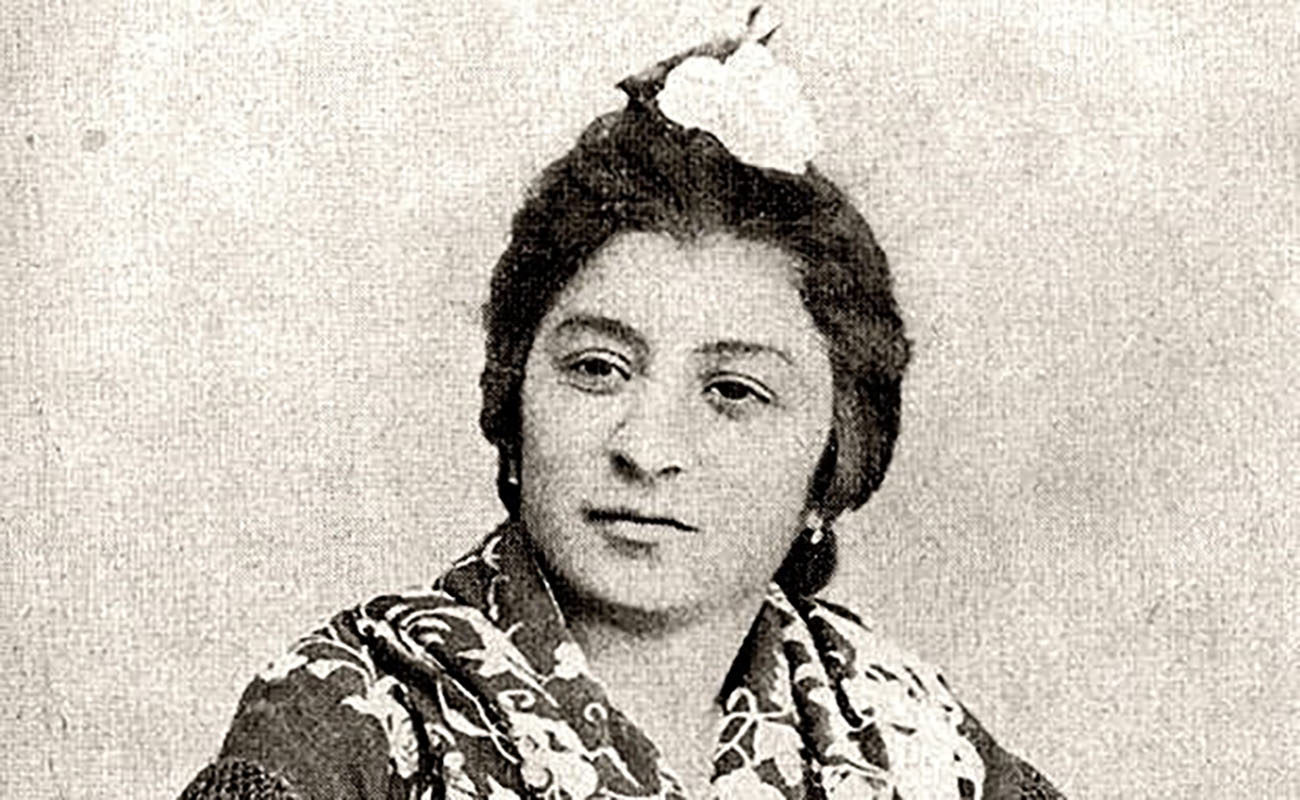Ship of fools
A couple of weeks ago, someone important in the world of flamenco and public institutions told me that the best way to get hired to give lectures was to propose topics which had to do with the role of women in flamenco, because public money was going to be available for this. There is already money for this, indeed. I

A couple of weeks ago, someone important in the world of flamenco and public institutions told me that the best way to get hired to give lectures was to propose topics which had to do with the role of women in flamenco, because public money was going to be available for this. There is already money for this, indeed. I can tell that it wasn’t just me who heard this tip, because this is becoming a deluge. When I wrote the book about the best cantaora of all time, Niña de los Peines, eighteen years ago, money was scarce, and I had to spend a lot of my own money to publish that biography. Yet, nowadays people are getting paid for saying that the role of women in flamenco has been important, as if we didn’t know that already. As if no one had ever written anything about cantaoras, bailaoras and female guitarists. What about the books by Estébanez Calderón, José Luis Ortiz Nuevo, Demófilo, Núñez del Prado, Fernando el de Triana, Rafael Pareja, Ricardo Molina and Blas Vega, to name just a few authors?
So, it looks like if anyone wants to have a show featured in any major flamenco festival, all they have to do is to present a proposal about the role of women in flamenco. Although it would also be essential mentioning flamenco’s male chauvinism, Juan Talega’s testosterone and the fact that flamencas were used as eye candy in tablaos. Wouldn’t it be better if the public institutions allocated resources for flamenco research instead? Yes, general research, although we could focus on female artists who have indeed fallen into oblivion (male artists, too). I could write a long list of cantaoras and bailaoras who deserve a good biography written about them, and the same goes for male flamenco artists. Yet, there’s not one euro available for such things, public or private, and that’s truly shameful.
It’s also shameful, by the way, the contest of flamenco lyrics sponsored by the Junta de Andalucía, with the aim that flamenco verses acknowledge the importance of women. I’m unaware of what came out of it, but I came across dozens of lyrics about this in the social networks, as a trial I guess, and some were really pathetic. I’m afraid that one of these days someone will say that we’ll have to burn all books and destroy all records which include some flamenco verse unflattering to women, as if it were possible to eliminate with a decree a portion of flamenco lyrics which reflects a specific historical period. Sure, let’s start with women and then we deal with the lyrics offensive to the Church and then those offensive to politicians.
I guess Demófilo’s book, Cantes Flamencos (1881) should be banned, because it contains these lyrics:
En la esquina te espero;
chiquiya como no vengas
aonde te encuentre te pego.
(I’ll wait for you in the corner
If you don’t show up
I’ll slap you wherever I find you)
Is that the way we’re going? Not at all. New authors would never write such lyrics. I write lyrics myself and this would be simply unthinkable.
I’m not looking to get hired to give lectures, and I certainly don’t want to propose any topics. Yet, if someone asked me to organize a conference about male chauvinism in flamenco I’d tell them to get lost. I rather organize a conference about the role of women in flamenco, particularly to make it clear once and for all that when this art was born the women of Andalusia were already singing, dancing and playing the guitar on stages and private parties, side by side with men. There were even women who managed cafés cantantes. Gypsies, no less, such as Tomasa Junquera, sister of Juan Junquera, who was born in the mid 1850s.
Have you heard about the ship of fools? indeed. Every man for himself.
Translated by P. Young




